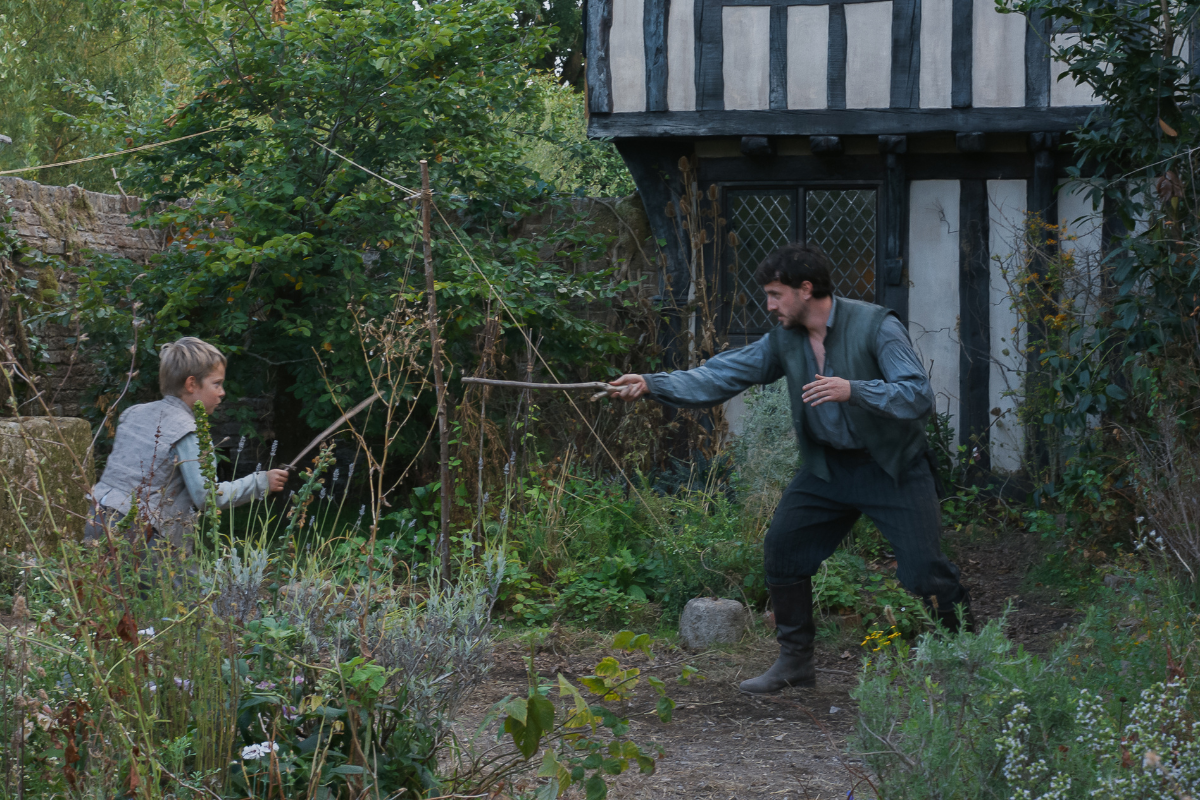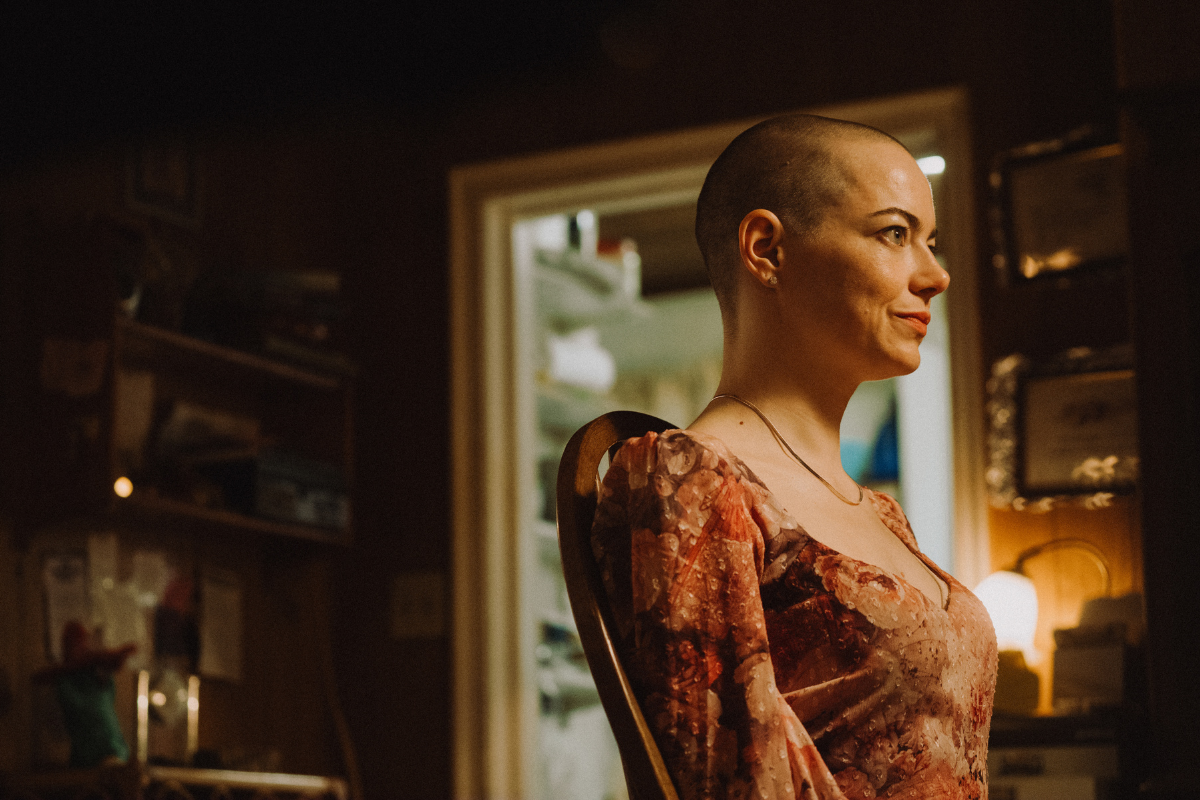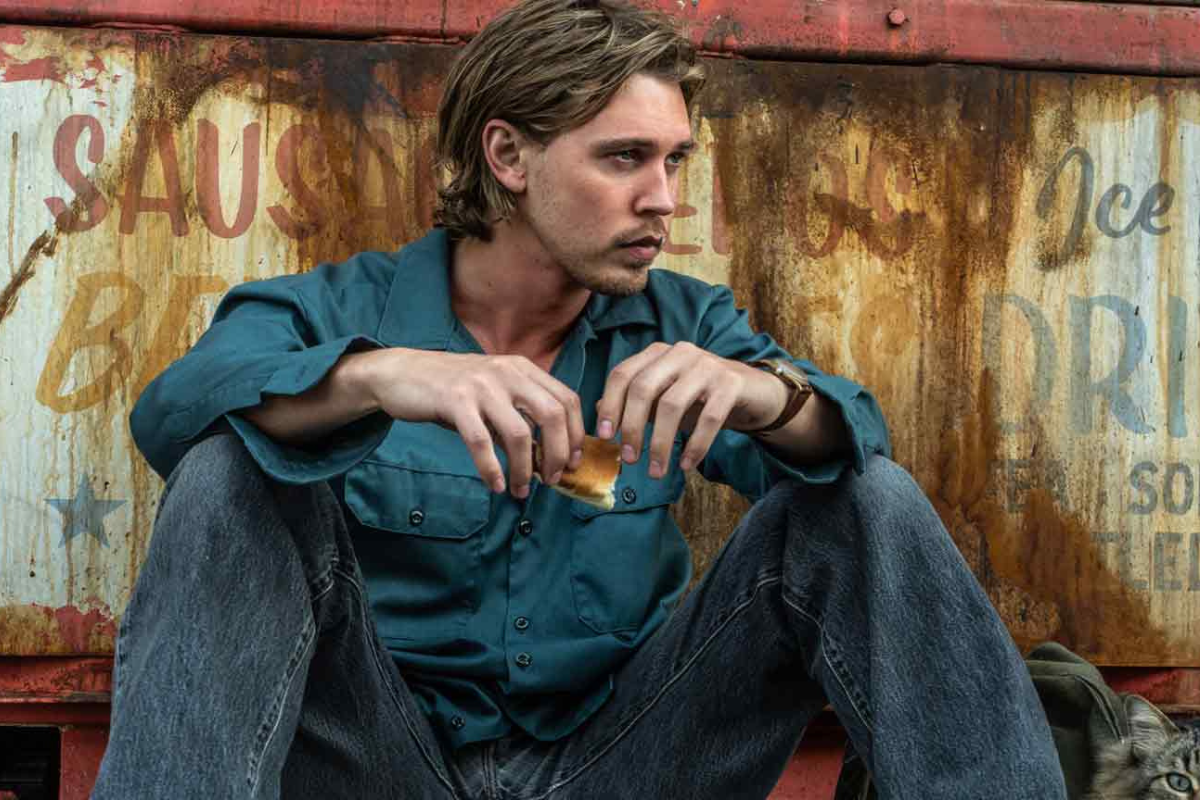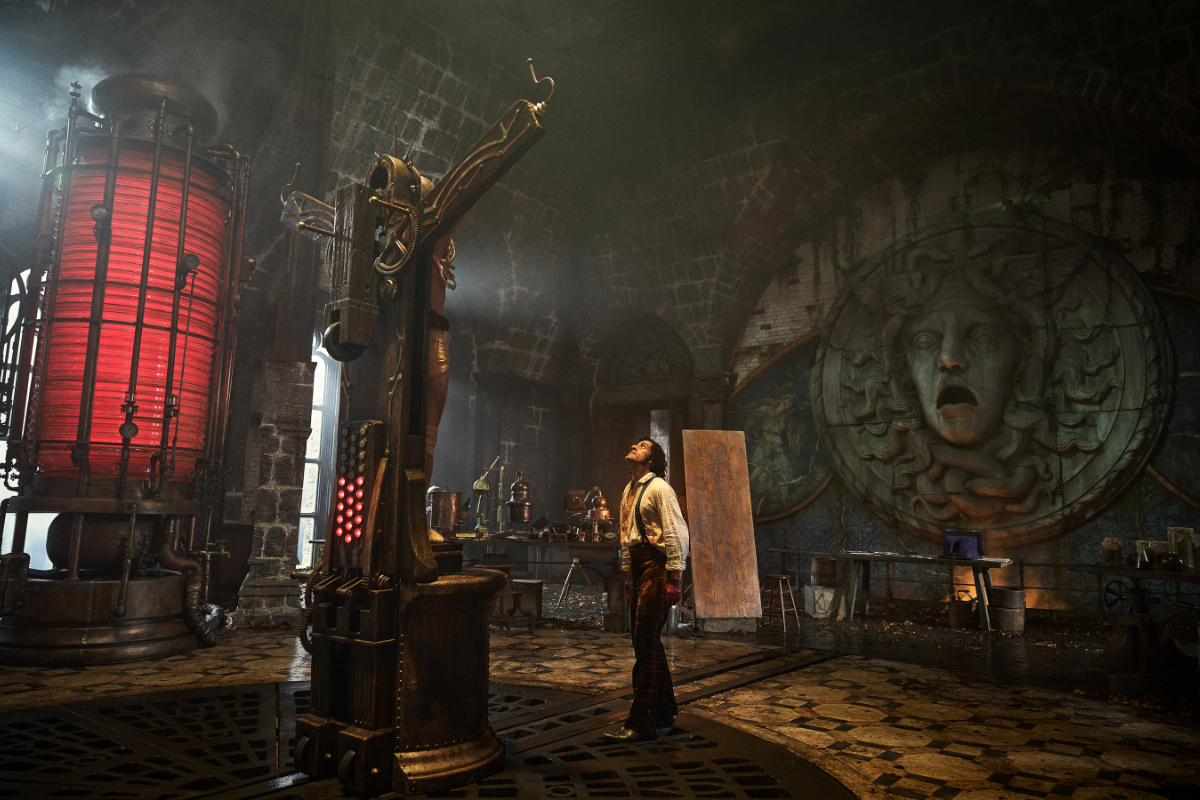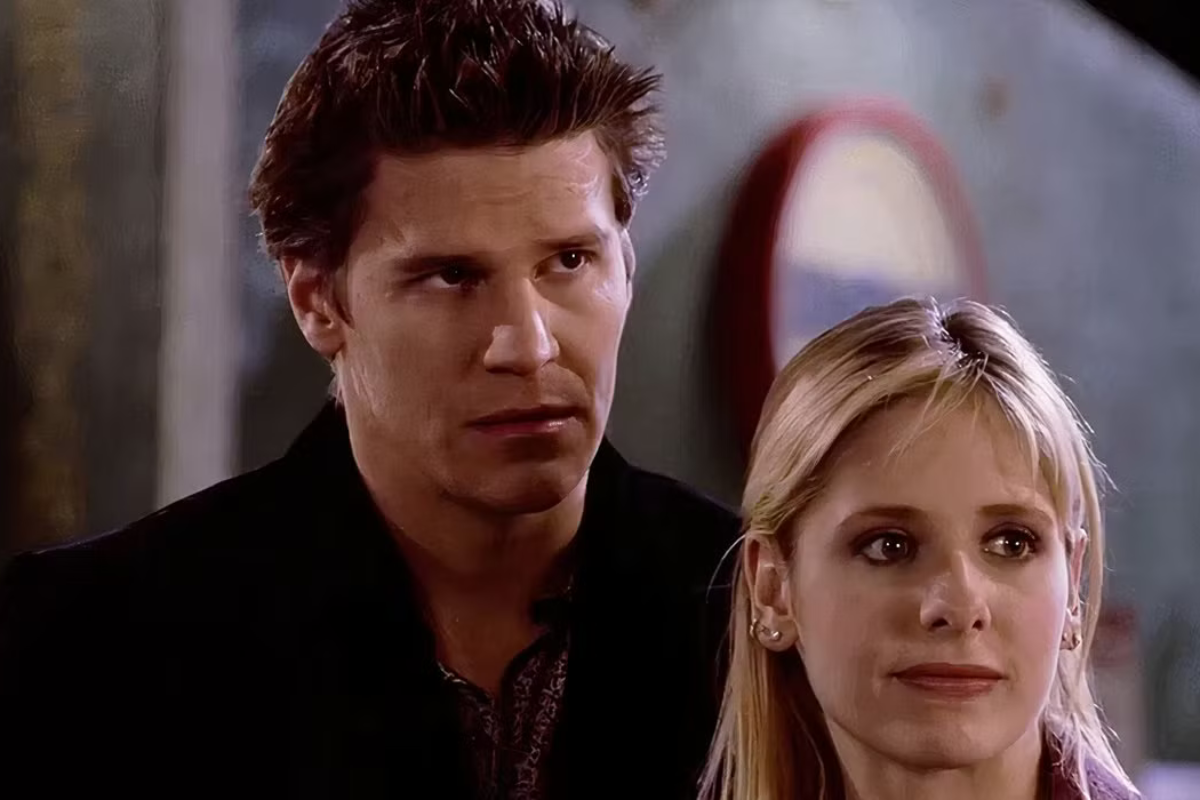SCRIPT ANGEL: Rewriting – Do You Really Need That Scene
Script Angel’s Hayley McKenzie helps you discover if you really need every scene in your script.
Hayley McKenzie is a Script Editor and founder of Script Angel helping screenwriters elevate their craft and advance their screenwriting career. Follow her on Twitter @scriptangel1.
We've all been there as viewers, watching a bloated film or a TV episode that was just treading water, frustrated that someone hadn't taken a big red pen to the script. Watching the finished thing, it's easy to say they didn't need that scene, or those last twenty minutes, or that sequence in the middle. But when it's your own work, it's really hard to actually make those cuts. Being your own critic is tough but a skill you've got to master if you want to produce focused, compelling scripts. So how do you know if you really need that scene?
Of course, in an ideal world you'll have beaten your story into submission before you even thought about typing FADE IN. You'll know precisely what every scene is doing. But if haven't yet made friends with outlines and beat sheets, you may have a first draft script with scenes whose purpose is still a mystery. If your answer to the question 'why is this scene here?' is 'because I like it' then you're in trouble. And of course scenes change and grow and evolve during the scripting process, no matter how focused your beat sheet is. So you should always go back and ask yourself, what purpose is this scene serving? And that question needs asking of EVERY scene in your script.
At its most basic a scene is a small unit of change. We come in to it with one state of play and leave the scene with something having changed. Ideally something has changed both for the characters in it (the story has moved on, some new obstacle has arisen) and for the audience's understanding of them. I've got to learn something new, and that something should raise more questions. What will this character do with that new information / obstacle / challenge? How will they overcome that problem?
It's also useful to think of every scene as a mini-film. It should contain all the same key ingredients as your whole film or TV episode. Drama is about conflict, challenge and change and so should your scenes be. And all of those elements should be presented in a way that is different to all previous scenes, so it also needs to be new. Just like watching a couple's argument go round in circles is boring, so too is watching a scene that simply does what other scenes before it have done. It should also be shaped like your whole piece, with a clear beginning, middle (turning point) and end.
So now you know what the point of every scene is and each one is moving the story on and revealing something new about the characters. Now it's time to make every scene succinct. One of the first pieces of advice I ever got as a newbie script editor at the BBC was to 'come in late and get out early' of every scene. No one likes a guest who outstays their welcome and scenes are no different. No scene should linger beyond its natural life or we'll starting drumming our fingers, getting restless and wondering what to cook for dinner. If that happens, you've failed in your primary job of keeping your audience engaged.
As a script editor on primetime network dramas I quickly learned that when you need to cut five minutes of material to hit your strict running-time, the scenes you thought were essential turn out to be not so essential after all! One of my jobs as a script editor on shows was to produce an estimated running time of the shooting script. Inevitably some scenes will spread during the shoot while others will shrink. But sometimes every scene is spreading and you realise you've got to cut a lot of material from the scenes still to be filmed.
Of course, no one likes cutting material from a script you consider to be practically perfect in every way but your choice is either to cut now or leave it to the editor to cut in post-production because come hell or high water that episode is going to be delivered to the network at the right length. Personally I would always rather grasp the nettle and make the editorial choices now while there is still some flexibility. With scenes still left to be filmed we can be creative, not just trimming from each scene but cutting whole scenes, taking out the essential story beat and adding that to another scene. That kind of discipline makes you incredibly good at being able to identify the essential purpose of a scene, allowing you to cut extraneous material from around it or to lift that crucial story nugget and place it elsewhere. So the next time a script editor asks you to cut 10 pages from your 120 page feature script, imagine that if you don't then someone else will further down the line - better that it's you, right?!
Be precise about what you want every scene to achieve. Make sure it is new and different from what has gone before and what will come after. Craft it in the most imaginative and surprising way possible. So when a script editor like me asks you 'do you really need that scene?' you can say 'yes' with your hand on your heart and a compelling explanation.
- More articles by Hayley McKenzie
- Script Angel: Giving Your Characters a Hard Time
- Balls of Steel: Editing is Murder
- FREE Rewrite Checklist
Get valuable movie-writing insights in Christine Conradt's webinar
Writing and Selling a TV Movie



